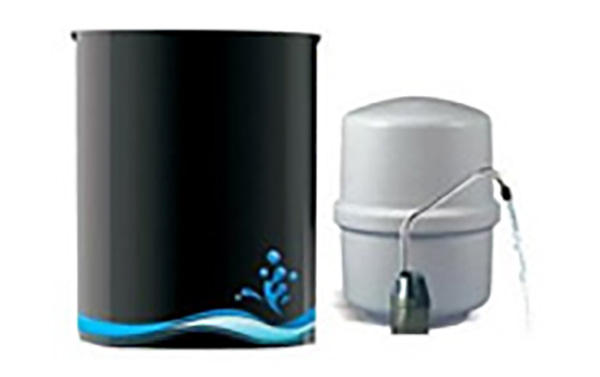WATER SOFTENER

WATER SOFTENER
Water Softener Plant Manufacturer
Aqua Filsep is the Best Water Softener Plant Manufacturer in India. In the sector of Industrial Water Softener System, we are a leading brand. We use an ion exchange method in all of our water softening plants India.
Hardness-producing compounds exist in varying concentrations in natural water. Our "AFI – Softener" uses the lon Exchange technology to generate water with "Zero" hardness.
What is a Water Softening Plant?
A hard water softener is a device that treats hard water with sodium chloride, generally known as salt. Hard water has an overabundance of minerals, including calcium, magnesium, manganese, and iron, which may be costly to a household. These minerals are absorbed into the underground water supply, crystallize, and adhere to domestic surfaces as the water is heated. The effective component of a water softener, sodium chloride, helps to replace these undesired minerals.
A salt-filled water softener is a relatively basic gadget. In the water softening process, the water supply is passed via the water softener across resin beds, where rows of resin beads perform an ion exchange. After that, the resin beads chemically attract and exchange undesirable 'hard' mineral ions for sodium ions. Lastly, Strong acid Cation resin is the most common type of softener resin.
When the resin beds get saturated with minerals, the water softener flushes them out with brine, and the process starts all over again. Water softeners are quite simple to use and maintain. After that, all you have to do is add sodium chloride on a regular basis, and the water softener will take care of the rest. Because sodium salts do not form hard scales, water without calcium and magnesium salts is referred to as soft water.
What is a water softener?
A water softener is a unit that softens water by eliminating the minerals that cause it to become hard.
Why is water softening applied?
Water softening is an important process since it reduces the hardness of the water in homes and businesses. When the water is hard, it might block pipes and make soap dissolve more slowly. These detrimental impacts can be avoided by water softening. In household water systems, hard water increases the likelihood of lime scale deposition. Due to this lime scale build-up, pipes are blocked, and the performance of hot boilers and tanks is significantly lowered.
As a result, domestic water heating costs rise by roughly 15% to 20%. Another disadvantage of the lime scale is that it causes damage to home appliances, such as laundry machines. In addition to this, water softening extends the life of home devices such as laundry machines and pipes. It also helps solar heating systems, air conditioning units, and a variety of other water-based applications perform better and last longer.
What does a water softener plant do?
The following are the most common water softening processes.
- Soda lime treatment
- Ion exchange resin based
- Nano filtration
- Reverse Osmosis
Water softeners are specialized ion exchangers used to remove positively charged ions from water. Softeners mostly remove calcium (Ca2+) and magnesium (Mg2+) ions. The minerals calcium and magnesium are known as "hardness minerals".
Softeners are occasionally used to get rid of iron. The softening devices may remove up to five milligrams of dissolved iron per litre (5 mg/L) of water. Moreover, Softeners can be operated manually, semi-automatically, or automatically. Each kind is ranked according to the amount of hardness it can remove before requiring regeneration.
A water softener accumulates hardness minerals in its conditioning tank and flushes them out to drain on a regular basis. Ion exchangers are commonly used for water softening. When an ion exchange system is used to soften water, it replaces the calcium and magnesium ions with other ions such as sodium or potassium. The exchanger ions are introduced as sodium and potassium salts to the ion exchanger reservoir (NaCl and KCl).
How long does a water softener last?
A top-rated water softener will undoubtedly last a long time. Softeners has also been in the sector for 25-30 years, demonstrating his usefulness. Also, the life of a softener is determined by servicing, topping up, and other factors.